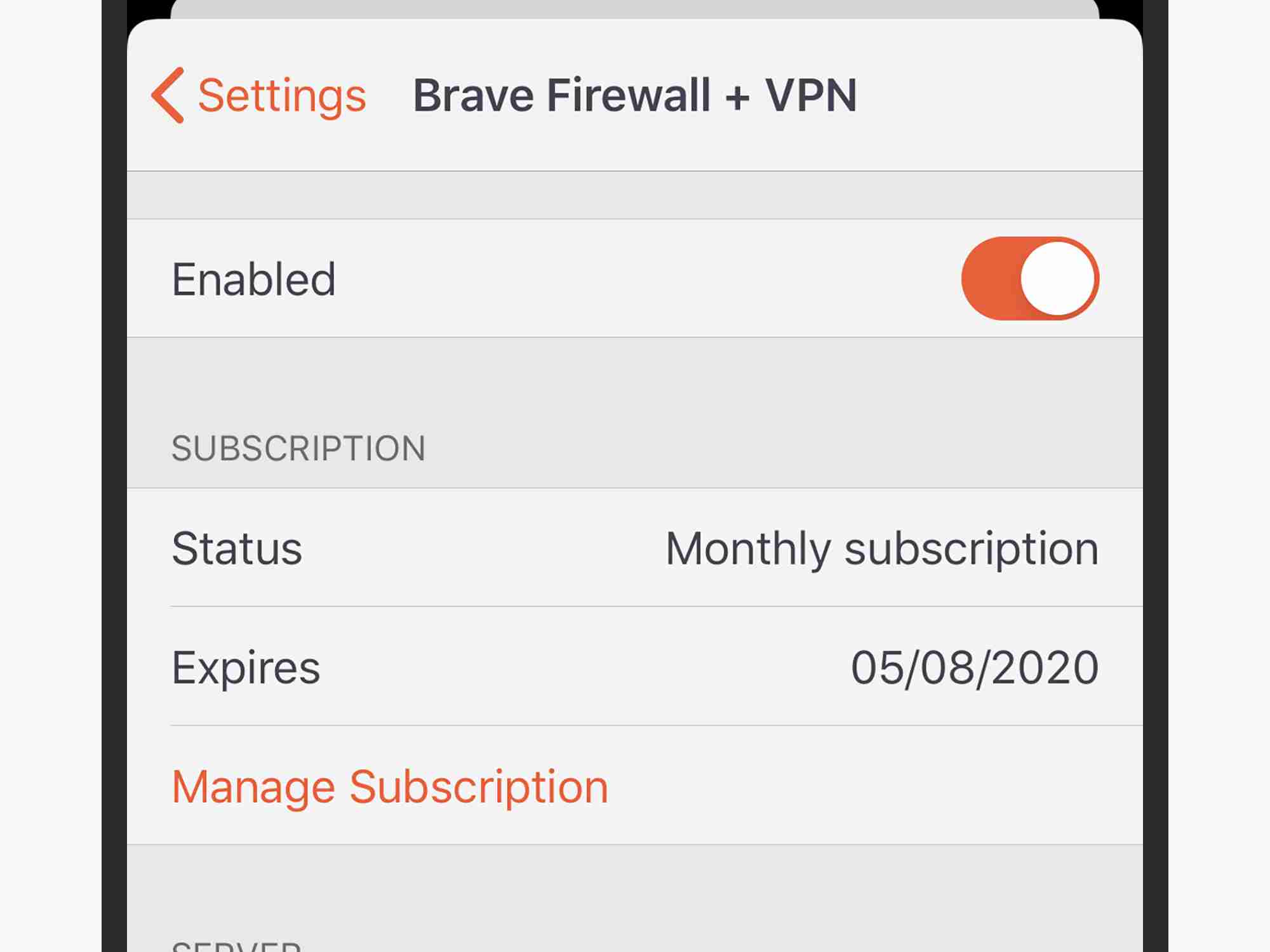
Enhance your online security and privacy with a browser-integrated VPN. This approach offers a convenient alternative to standalone VPN apps, simplifying setup and usage. While not guaranteeing complete anonymity, a browser VPN encrypts your online activity, making it significantly harder to track. This article explores two popular privacy-focused browsers with built-in VPN options: Firefox and Brave.
Firefox with Mozilla VPN:

Mozilla offers its own VPN service, Mozilla VPN, for a monthly fee ($5, with a 30-day money-back guarantee). Currently available on Windows desktop, with macOS and mobile versions forthcoming, it integrates seamlessly with the Firefox browser. After creating a Firefox account and installing the app, simply toggle the VPN on/off. A server selection menu allows you to choose your connection location for optimal speed or to mask your location. The VPN protects all apps by default on Android, but app-specific settings are configurable. Mozilla VPN supports up to five devices and utilizes the fast WireGuard protocol, leveraging Mullvad VPN's infrastructure. Importing bookmarks and history from other browsers is easily done through the desktop Firefox app.
Brave with Brave VPN:

Brave browser, in partnership with Guardian, provides another integrated VPN option for iOS (with other platforms planned). Priced at $10 per month (after a 7-day free trial), it's activated through the browser's settings menu. The VPN automatically connects to the nearest server, offering a secure connection without manual location selection. Like Firefox's offering, the Brave VPN protects all apps on the device, and its configuration options are accessible through the browser settings. It supports up to five devices and uses the IKEv2 protocol.
Both Mozilla VPN and Brave VPN offer a straightforward user experience, eliminating the need for separate app management and logins. While the technical differences in VPN protocols (WireGuard vs. IKEv2) are largely inconsequential for the average user, the choice between them boils down to personal preference and cost. The convenience of a built-in VPN within a privacy-focused browser makes them compelling options for enhancing online security.
The above is the detailed content of You should switch to a browser that has its own VPN. For more information, please follow other related articles on the PHP Chinese website!




